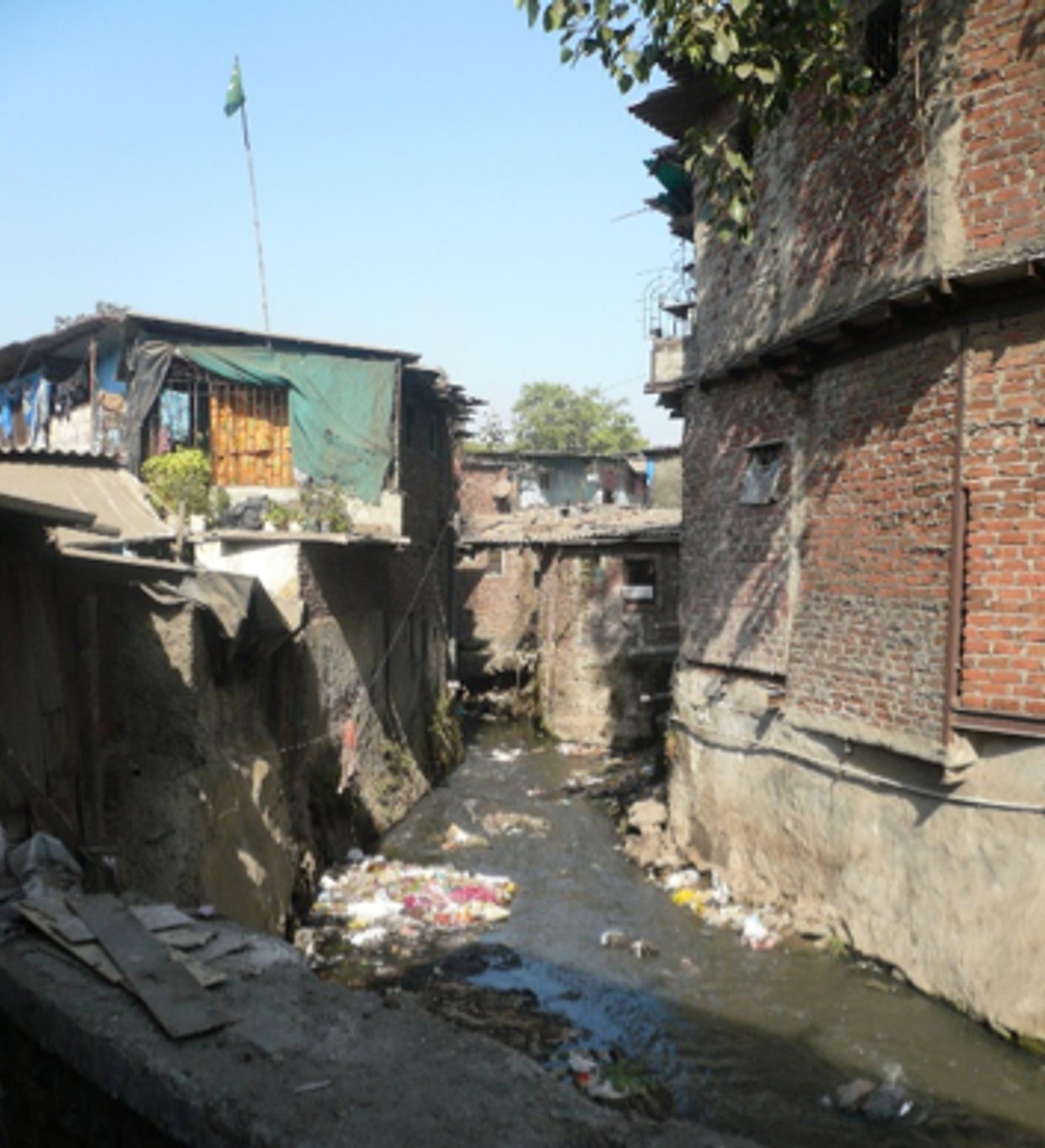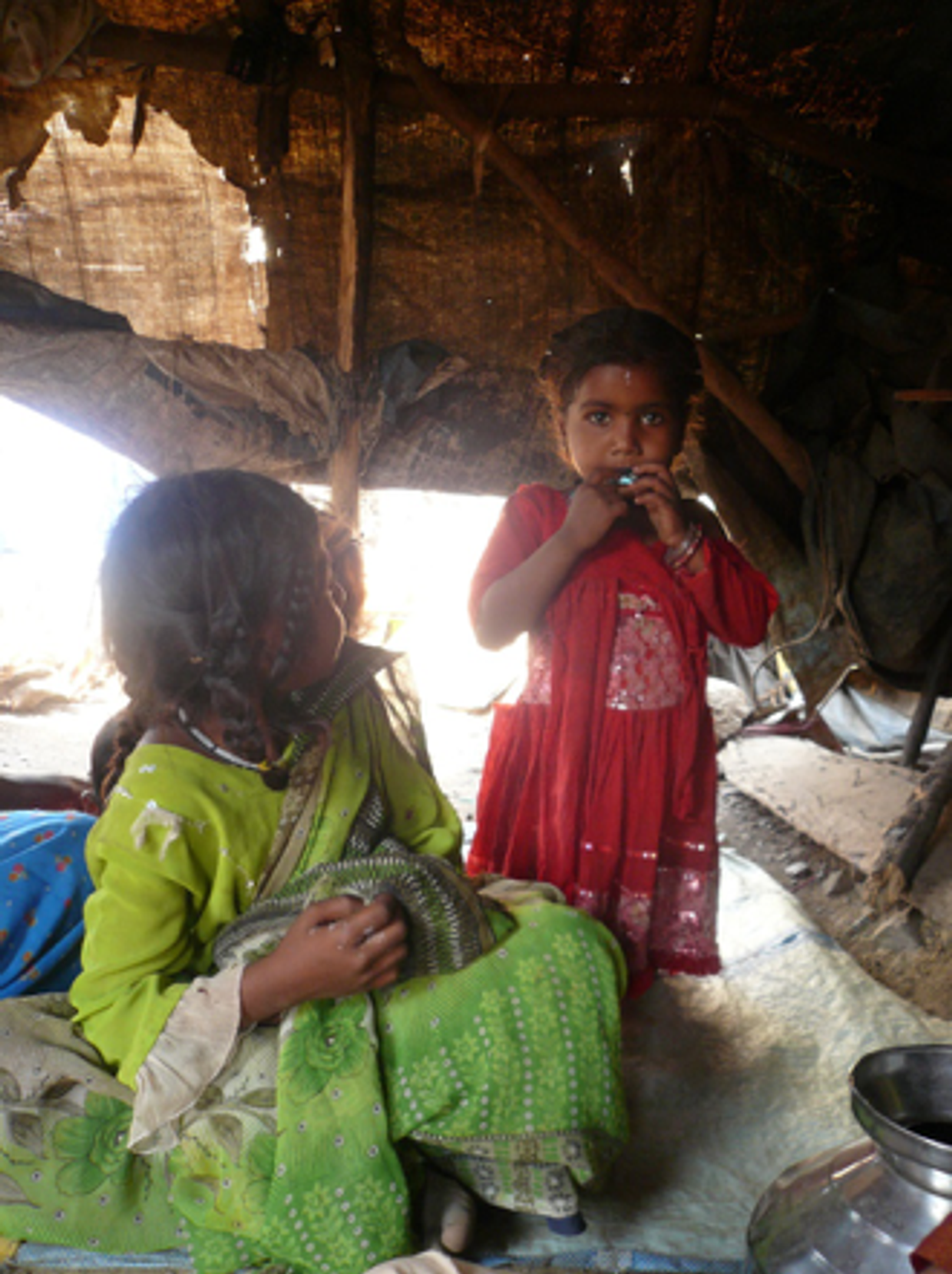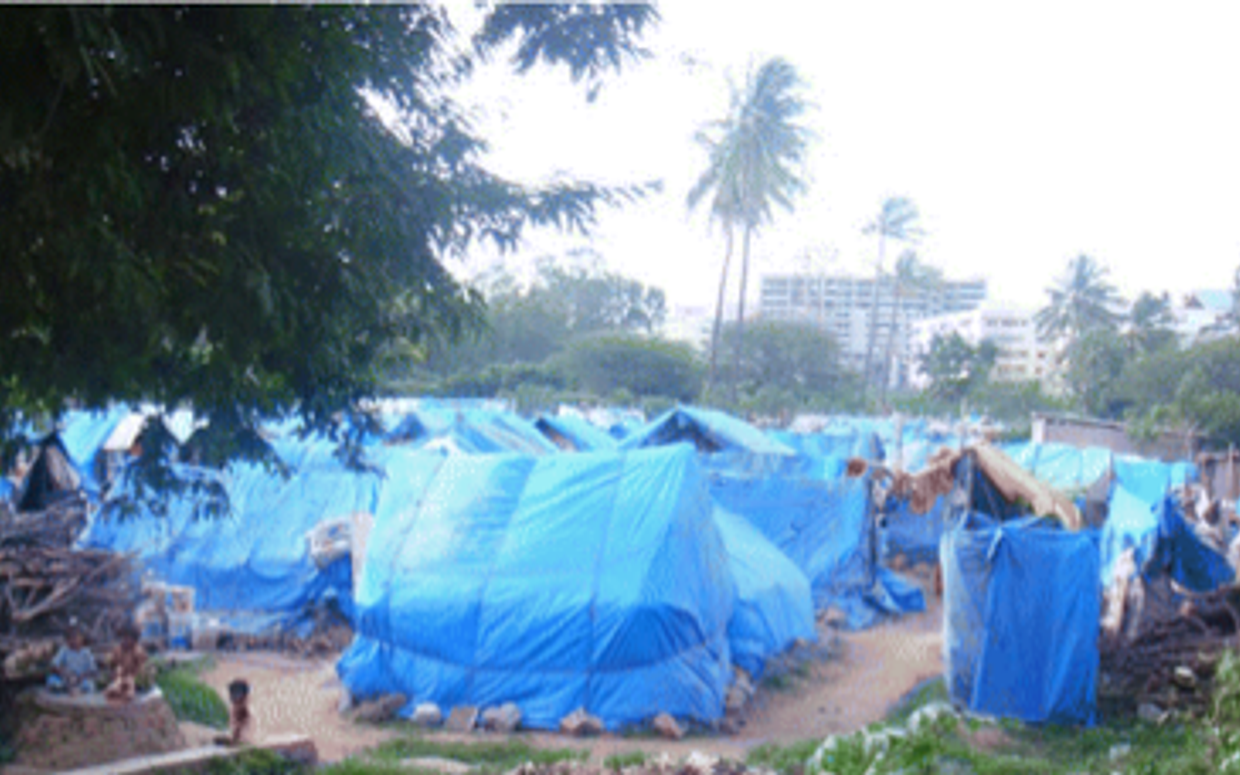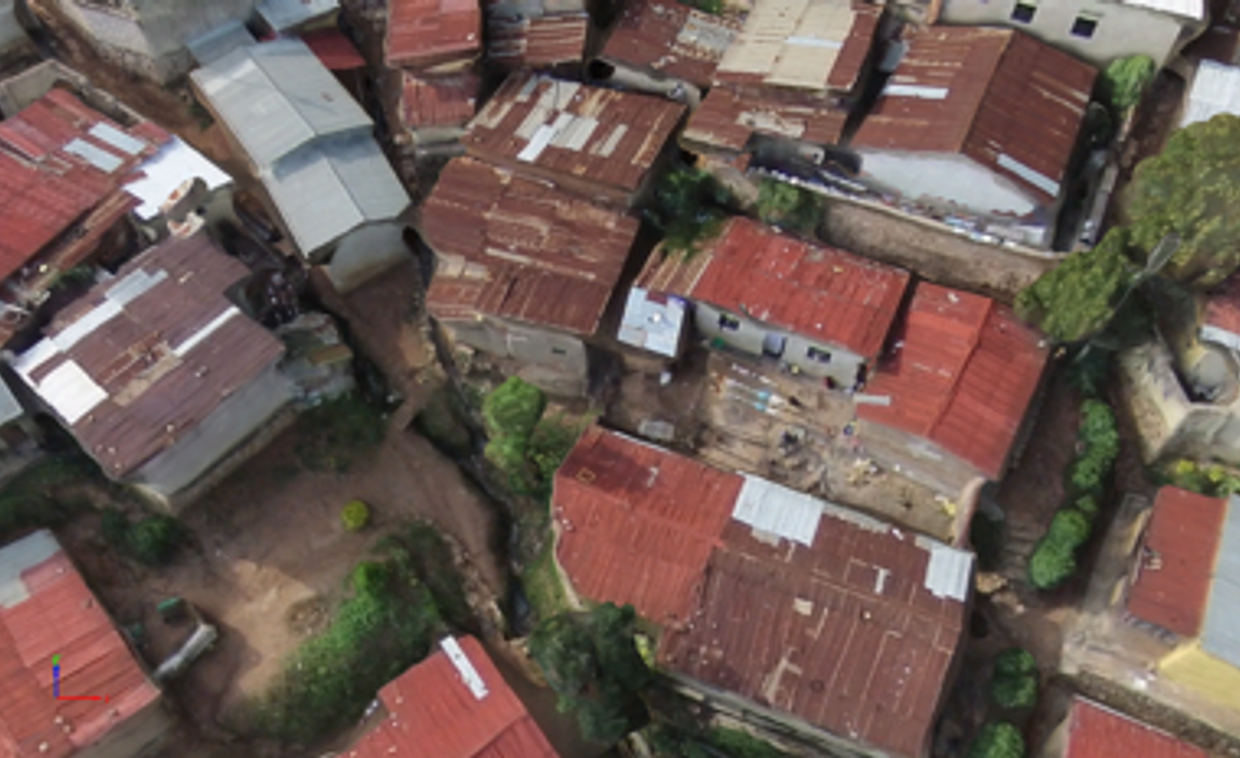The Context
Building the Climate Resilience of the Urban Poor, a new initiative coordinated by UN-Habitat, will be presented at the Climate Action Summit on 23 September 2019, in New York. The summit will be a moment to show what strong leadership and action look like, putting into action the Paris Agreement. Climate change is already causing huge damage. Without urgent action and much greater ambition, it will get much worse. The Secretary General has convened the Climate Action Summit to spark the transformations that are needed and that can deliver huge benefits to all.
Building the Climate Resilience of the Urban Poor is placed under the Infrastructure, Cities and Local Action ‘track’, meant to deliver partnerships by and with national and local governments to unlock climate action and improve the lives of billions. Solutions are required in cities to increase adaptation putting the most vulnerable first. By 2030, 600 million urban poor will be directly exposed to climate change risks. A large majority live in inadequate housing on floodplains or clinging to slopes, at high risk of the impacts of climate change such as flooding, landslides and extreme heat. As emphasized by the scientists of the Intergovernmental Panel on Climate Change “Risks are concentrated in informal settlements”. It is also essential to work closely with communities on the ground to generate ownership and engagement. An emblematic example of such engagement is the Know Your City Campaign run by Shack Dwellers International, a partner of the initiative, that has helped gather and validate climate data at the community level.
The partners of this new initiative have put together a collaborative approach to help 150 million urban poor adapt to climate change in informal settlements by 2023. In 140 ‘hotspot’ cities in 50 developing countries, the initiative is meant to support climate-smart resilient spatial planning, infrastructure improvement, enhance means of livelihoods. To that end, they will mobilize USD 15.2 billion over four years. This represents a small fraction of the USD 140-300 billion needed per year for global adaptation by 2030 as estimated by UN-Environment. By 2030, the initiative has the ambition to reach support to about 600 million urban poor currently at risk of the impacts of climate change.
The Network
Building the Climate Resilience of the Urban Poor aims to step-up climate action for the most vulnerable. It is co-lead by the Governments of Kenya and Brazil. The coalition includes community organizations (Shack/Slum Dwellers International, WIEGO), local governments organizations (ICLEI, C40, GCoM), organizations of planners with ISOCARP and P4CA, infrastructure providers (AECOM, Arcadis, ARUP), academia (IIED, University of Twente – ITC, UCCRN), United Nations and intergovernmental organisations (UNDRR, UNDP European Commission), as well as international programmes & non-governmental organisations (Cities Alliance, the Rockefeller Foundation’s Center for Resilience, WorldPop Project, World Resources Institute). The initiative welcomes other partners to become engaged. At the UN Climate Action Summit commitments will be announced. Together, we can help build safe, sustainable and resilient environments for the urban poor.
ITC’s role in the initiative
ITC’s mission is to develop capacity, particularly in the global South, to utilize geospatial solutions to deal with national and global problems. Our vision is that spatial solutions will play an increasingly important role in meeting many of mankind’s complex challenges, such as climate change, population growth, poverty, and related claims for sufficient and secure food, water, energy, health, land, and housing provision. As an internationally recognized knowledge hub in the spatial domain, ITC is renowned for its collaborative educational and research activities, particularly in the global South.
ITC has supported the Building the Climate Resilience of the Urban Poor initiative from the outset. ITC has been co-chairing the identification of the 140 ‘hotspot’ cities in 50 developing countries, supported the conceptual set-up of the initiative and helped to enlarge and strengthen the network. ITC has longstanding knowledge on the identification of the urban poor (living in deprived, slum, informal neighborhoods) using geo-spatial technologies such as satellite and drone image-based mapping, e.g. being partner of GEO and ITC has co-organized expert meetings on slum mapping with UN-HABITAT, CIESIN and other partners. A special session on slum mapping is taking in place at the 2nd Human Planet Forum (https://www.eventbrite.com/e/human-planet-forum-2019-understanding-human-presence-on-planet-earth-tickets-65420716123) and special activities are being proposed for the 2020 World Urban Forum in Abu Dhabi.
ITC will support the implementation of the initiative in various ways, including the development of scalable and transferable methodologies for mapping of the urban poor with satellite and drone-based technologies, the assessment of climate change risks of mapped areas and training of local partners in improving their capacities to use state-of-the-art technologies.
ITC Contact Details:
More recent news
 Fri 12 Dec 2025Retrospective of the UT Climate Event 2025
Fri 12 Dec 2025Retrospective of the UT Climate Event 2025 Fri 5 Dec 2025Transforming urban policy for a healthier and safer Enschede (and other cities)
Fri 5 Dec 2025Transforming urban policy for a healthier and safer Enschede (and other cities) Fri 28 Nov 2025ITC PhD Publication Award 2025 Ceremony
Fri 28 Nov 2025ITC PhD Publication Award 2025 Ceremony Mon 10 Nov 2025Dutch spinoff launches groundbreaking global flood forecasting tool
Mon 10 Nov 2025Dutch spinoff launches groundbreaking global flood forecasting tool Wed 5 Nov 2025New Geoversity course on Geospatial Auditing launched in collaboration with the Netherlands Court of Audit
Wed 5 Nov 2025New Geoversity course on Geospatial Auditing launched in collaboration with the Netherlands Court of Audit







